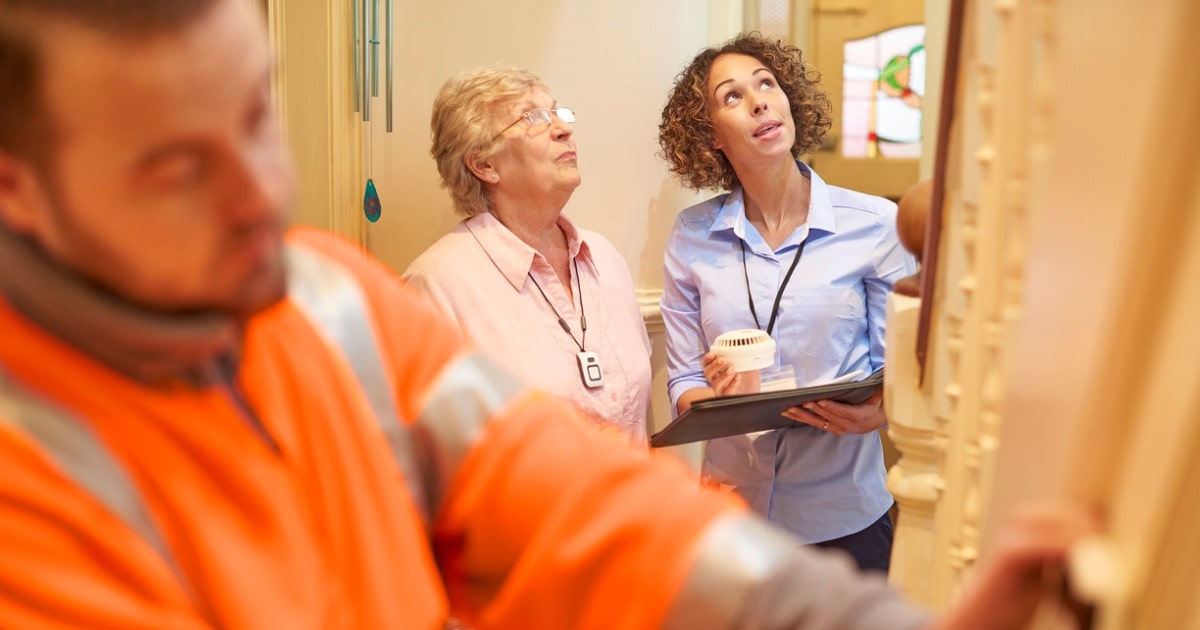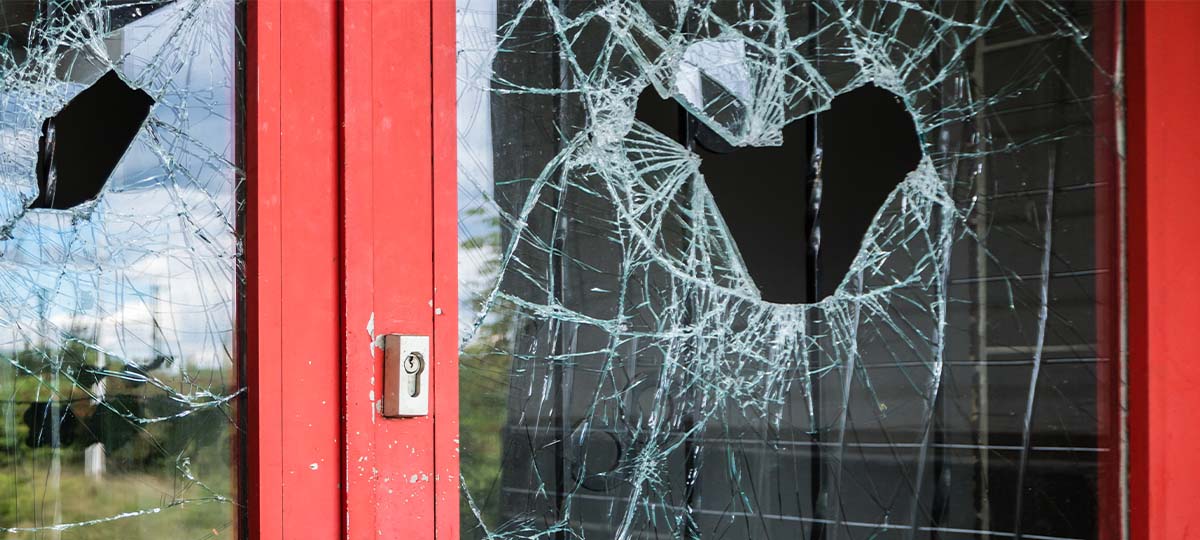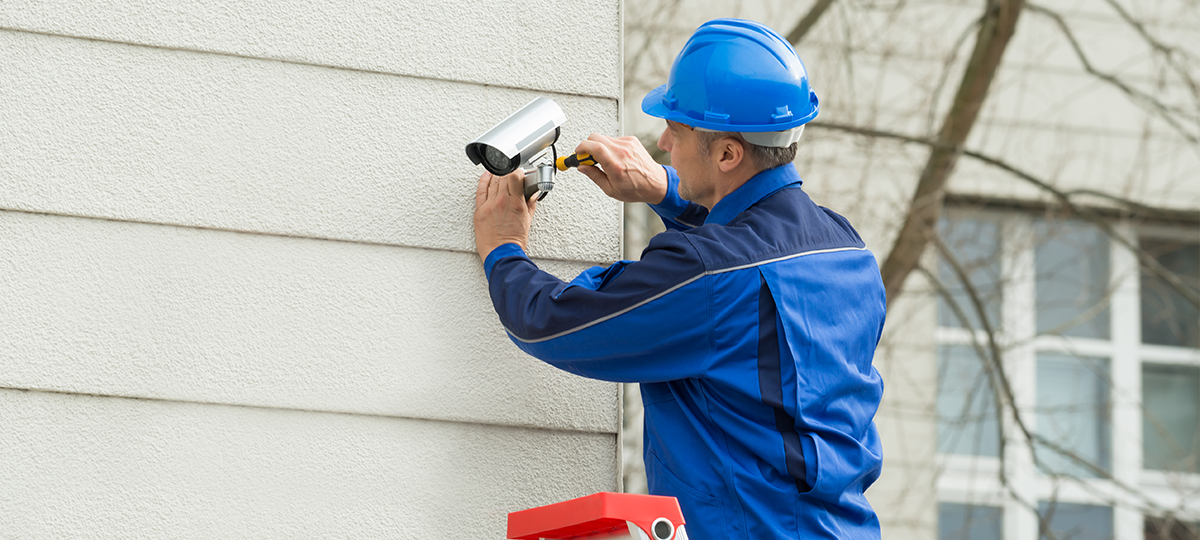How Burglars Break In and Where to Secure Your Home
When a burglar considers your home as a potential target, here are some of the things he or she is looking for.
Easy Access
An intruder doesn’t want to get caught and needs to have an easy escape. There’s not a more easily accessible entry point at your home than an unlocked door, and most burglars will check this first. Believe it or not, the front door is one of the most vulnerable parts of your home. Front doors are often left unlocked or have a small sidelight window that can be easily broken to unlock the front door. Imagine how unassuming a person is standing at your front door, pretending to shake someone’s hand.
Another easy access point at your house is the garage service door. How many times have you opened an infrequently used door and then forgotten to lock it back up? Once inside the garage, most homes are usually unlocked, creating another very easy entry point for an intruder.
Don’t forget about any sliding glass doors around the home. Sliding glass doors removed by using a simple bathroom plunger. Believe it or not, burglars can stick the plunger to the glass door and lifted out of the track.
Good Cover
Windows, like doors, frequently are left unlocked. If entering through a door isn’t possible, most criminals turn to the windows. Basement windows are the most vulnerable windows on a home. This is notably true if they are covered by large shrubs, which provide excellent camouflage for a burglar to give a quick, hard kick or use a heavy object to break it. Secluded first-floor windows can also be vulnerable, especially if they are in high-value areas of the house like the master bedroom, the dining room, or the family room.
Double-hung windows are also a criminal’s best friend because smashing the top pane allows the window to be unlocked and protects the criminal from a nasty cut on broken glass. Crank casement windows are the least susceptible. They make a lot of noise to open; the crook can get cut by the glass if he or she breaks the window, and even unlocked these windows are still difficult to climb through.
Ground-Floor Access
Anything on the ground floor is generally more vulnerable than second story entry-points. This includes overhead garage doors and, surprisingly, an exterior wall.
Thieves can gain entry through overhead garage doors by striking the top section, which can release the garage door opener so you can lift it manually. Criminals have also been known to knock a hole through plastic siding and drywall and squeeze in between a set of studs.
In summary, here is a list of the most vulnerable areas of your home that need consideration if you are to prevent a break-in:
- Doors – rear, garage, side, and front doors. These have a higher vulnerability if an entry has small windows or sidelights
- Sliding glass doors
- Windows – basement, first-floor, rear, double-hung, side, and front windows
- Windows – first-floor crank casement and sliding windows
- Windows – second story, double-hung windows with roof below
- Other second-story windows
- Garage overhead doors
- Framed exterior walls with vinyl siding
Your local professional security specialist is the best source for evaluating your home’s vulnerabilities. Seeing your location, landscaping, and construction is essential in doing a proper risk assessment in order to properly protect your home.
Please don’t hesitate to contact the friendly pros at FSS Technologies if you are interested in a free risk assessment for your home.









